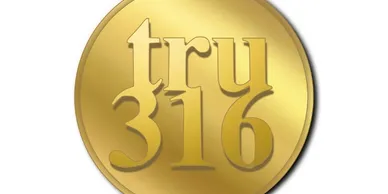
Trouble! Many people aren’t aware that modern language translations of Genesis 3:16 are in trouble. Or if they are somewhat aware, they focus on troublesome words near the end of the verse, when the start of the verse is the place to find the critical problem that influences interpretation of all the rest of it.
From the start it must be pointed out that God made only two curses in the Garden of Eden. The Hebrew word for “curse” – ’arur – is used for the curse on the serpent in verse 14 and for the ground in verse 17. Neither human, not the woman nor the man, is cursed.
Here are obvious problematic parts you may be aware of
Here are obvious problematic parts you may be aware of
– “Pain-in-childbearing” (root Hebrew words: ‘itsabon and heron)
– “In pain” you will bring forth children (‘etsev and banim)
– Your “desire” (teshuqa)
– He “will rule” (mashal)
This first word group – pain-in-childbearing – is problematic because the inspired words were written in the Hebrew language and the Hebrew words don’t say that at all! The problem causing the errors that tumble over one another in most modern translations is the forcing on the Hebrew words in line one of a special grammatical rule that doesn’t belong in this verse. That rule is called a “hendiadys.” If it were present, then the translation you likely are using would be fairly accurate. But there is NO HENDIADYS in Genesis 3:16.
The New King James Version (and related translations) reflects the original Hebrew words by showing two words joined by “and.” This is a more accurate version in English of the Hebrew meaning.
So just what is said in Line One, or in Genesis 3:16a, in Hebrew? While there is no hendiadys there is a two Hebrew word linking structure called a linchpin. A linchpin construction is linked to the verses around it and pulls in meaning from them. The result of using a linchpin is that the meaning of the text comes from more than the bare words!

